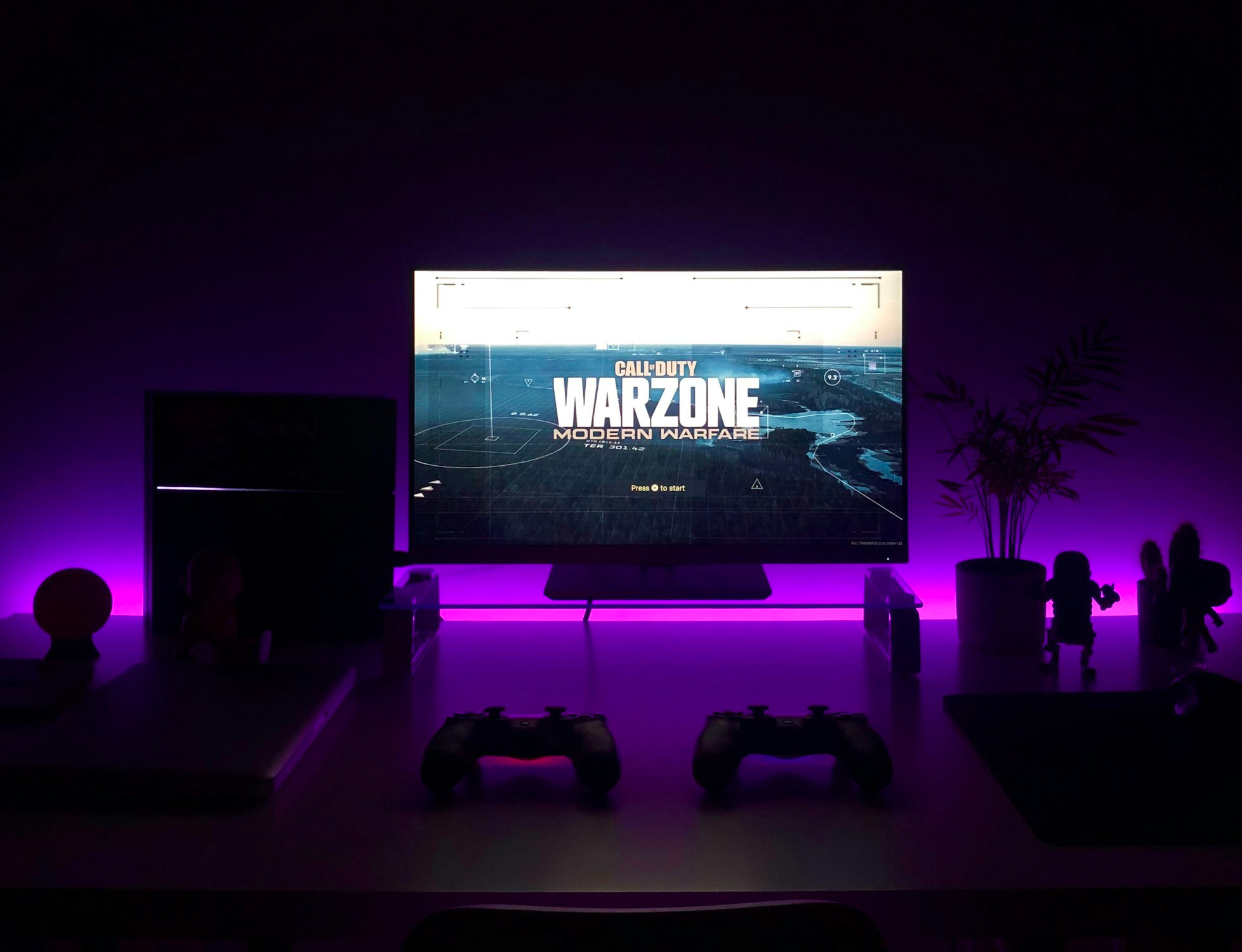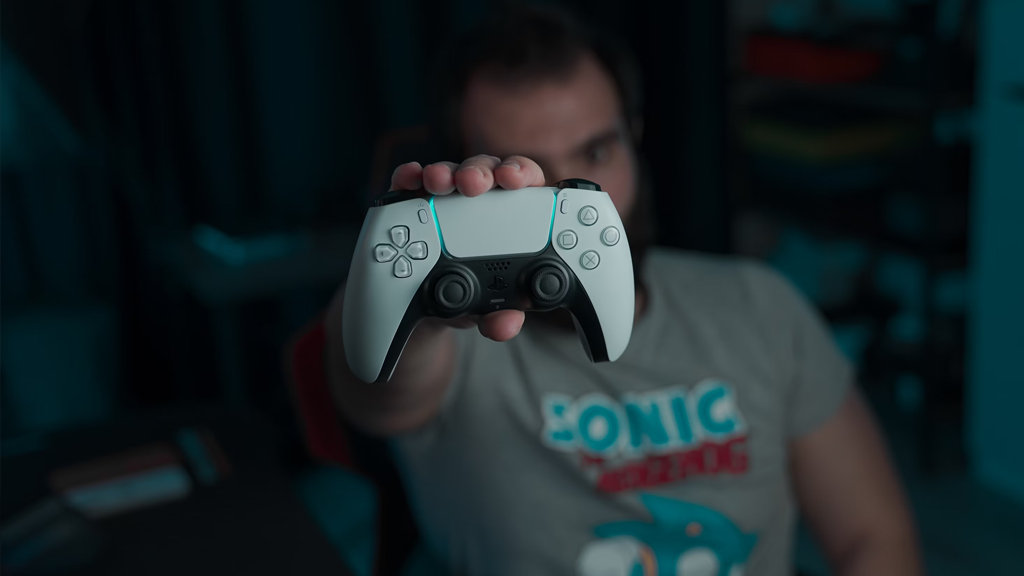In a Game Design Document (GDD), gameplay mechanics define player interactions, shape the flow of the game, create challenges and rewards, and ensure balance. They also reinforce themes, provide feedback, and aid in development through testing and refinement, making them crucial for an engaging experience.
Why Game Mechanics Are Important in Game Design:
-
Create Engaging Gameplay: Good game mechanics make the game fun and interesting. They determine how players will interact with the game world, and well-designed mechanics can keep players engaged and motivated to keep playing.
-
Provide Structure: Mechanics provide a framework for the game. They set the rules for how things work, which helps players understand what they can and cannot do. This structure is crucial for creating a cohesive and enjoyable experience.
-
Define the Experience: The mechanics help shape the overall experience of the game. Whether it’s a fast-paced action game, a strategic puzzle game, or an immersive role-playing game, the mechanics help define what kind of experience players will have.
-
Facilitate Learning and Mastery: Mechanics allow players to learn and improve their skills over time. They provide opportunities for players to practice and master different aspects of the game, which can be very satisfying.
In a first-person shooter (FPS), these mechanics help create the overall experience and make the game engaging and fun.
Weapon Handling
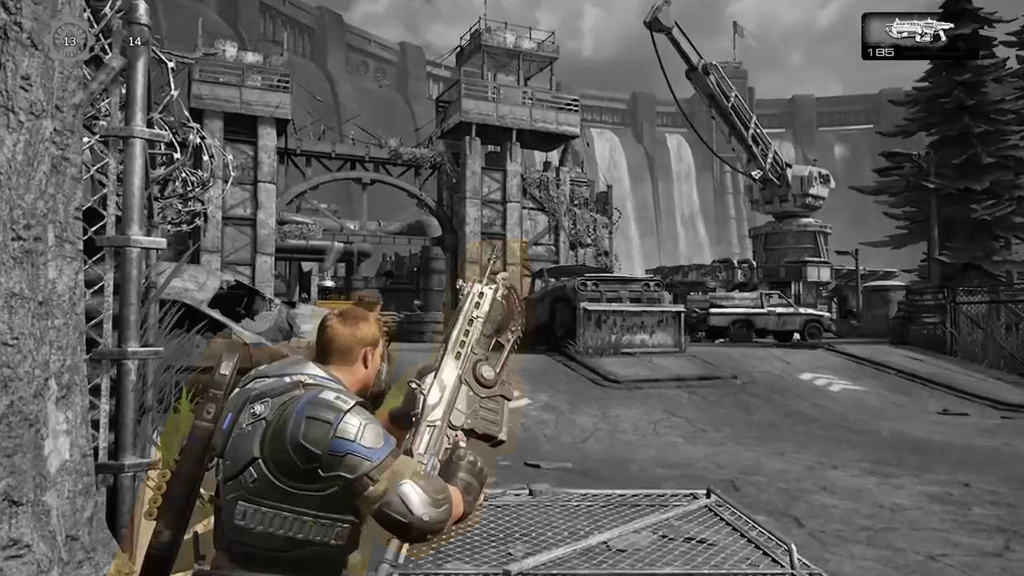
- What It Is: This mechanic involves how players use different weapons in the game. Each weapon might have its own unique features like damage, firing rate, and accuracy.
- Why It Matters: It gives players choices and affects how they play. For instance, a sniper rifle is great for long-range shots, while a shotgun is powerful up close.
Health and Damage
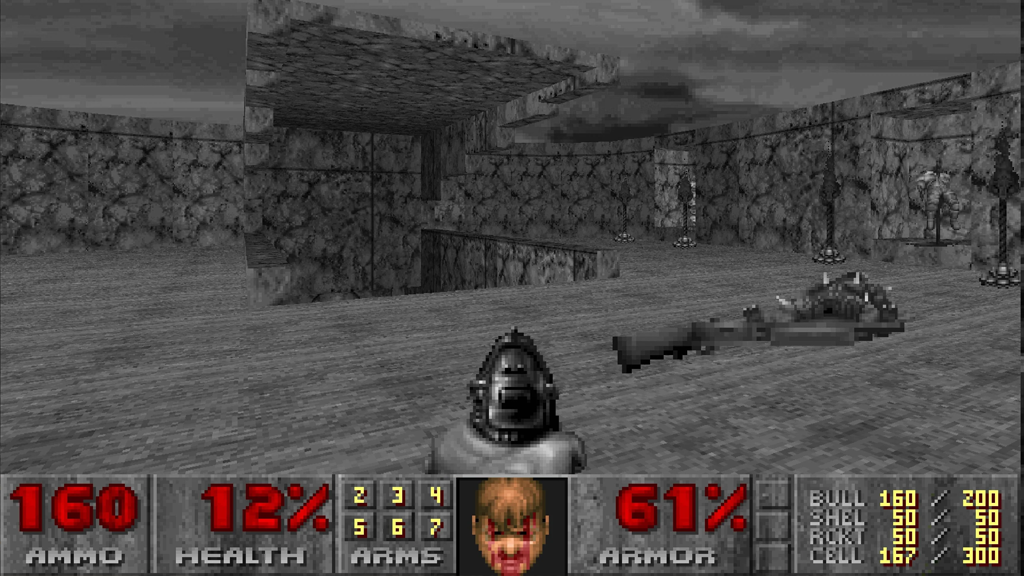
- What It Is: Players have a health bar or points that decrease when they take damage from enemies. Health can usually be restored with items or actions.
- Why It Matters: It adds tension and challenge. Players need to manage their health carefully and use health packs or strategies to stay alive.
Aiming and Shooting
- What It Is: Players aim their weapons and shoot at enemies from a first-person perspective. This includes precision aiming and choosing different firing modes.
- Why It Matters: It affects how players engage in combat and their accuracy. Precision aiming can make the difference between hitting or missing a target.
Movement and Navigation
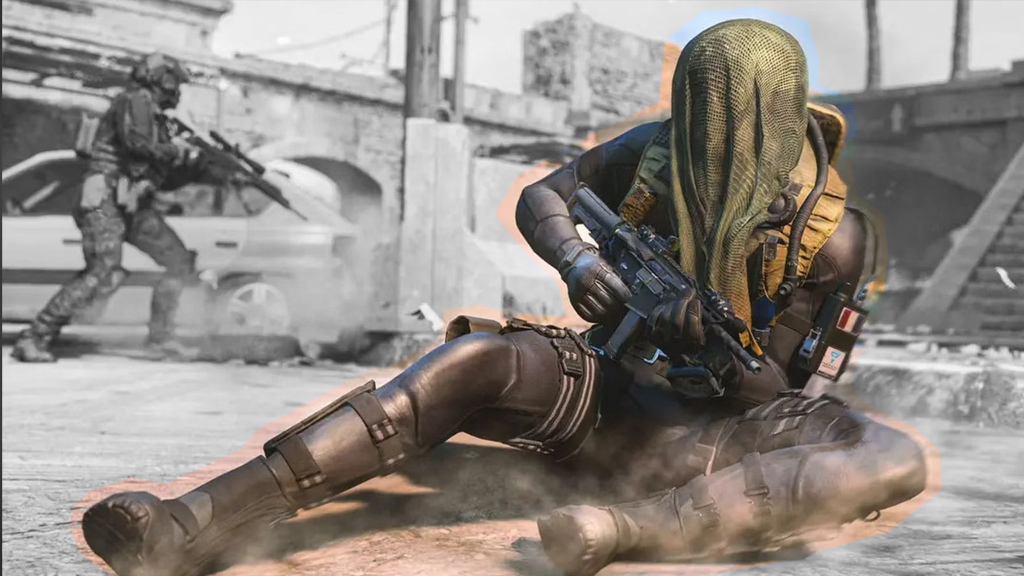
- What It Is: This mechanic covers how players move around the game world, like walking, running, crouching, and jumping.
- Why It Matters: It helps players explore and position themselves strategically. Good movement mechanics make the game feel responsive and dynamic.
Cover System

- What It Is: Players can hide behind objects to protect themselves from enemy fire. This system helps them avoid damage and plan their next move.
- Why It Matters: It adds a layer of strategy. Players need to use cover effectively to survive and outsmart their opponents.
Objectives and Missions

- What It Is: These are specific goals or tasks players need to complete, like capturing a flag or planting a bomb.
- Why It Matters: Objectives give players a clear purpose and direction in the game, making the gameplay more focused and engaging.
Grenades and Special Equipment

- What It Is: Special items like grenades or smoke bombs that players can use to gain advantages or change the flow of the game.
- Why It Matters: They add variety and tactical options, allowing players to use different strategies to achieve their goals.
Respawning and Lives
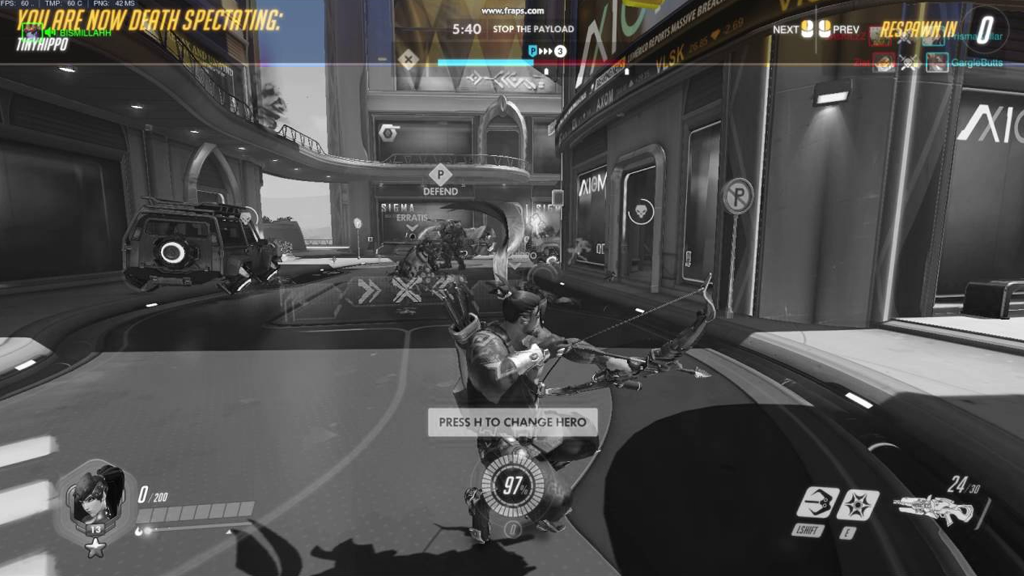
- What It Is: When players die, they might come back into the game after a delay or have a limited number of lives.
- Why It Matters: It keeps the game going and balances the challenge. Respawning ensures players can continue playing even after they’re defeated.
Score and Ranking Systems

- What It Is: Players earn points or rank based on their performance, like the number of kills or objectives completed.
- Why It Matters: It provides feedback and motivation. Players can track their progress and compete with others, making the game more rewarding.
In this activity, you'll use brainstorming techniques to create a connection between the game mechanics and the game's theme.
Your Task
Use a brainstorming technique to combine the game mechanics of 'First-Person Shooter' and the theme of your game
Game Mechanics List (Feel free to add your own, as long as they align with the first-person shooter genre);
- Health Packs
- Ammo Packs
- Bullets
- Guns
- Armour
Example [FPS + Western]
- Health Packs - Whiskey Bottles, Canned Goods or, Tobacco or Cigars.
- Ammo Packs - Vintage Ammo Boxes, Pouches of Shotgun Shells or, Ammo Crates.
- Bullets - Explosive Rounds, Blank Bullets, or Poisoned Bullets.
- Guns - Revolvers, Lever-Action Rifles, and Shotguns.
- Armour - Native American-inspired Armour, Reinforced Boots, or Leather Vests.
